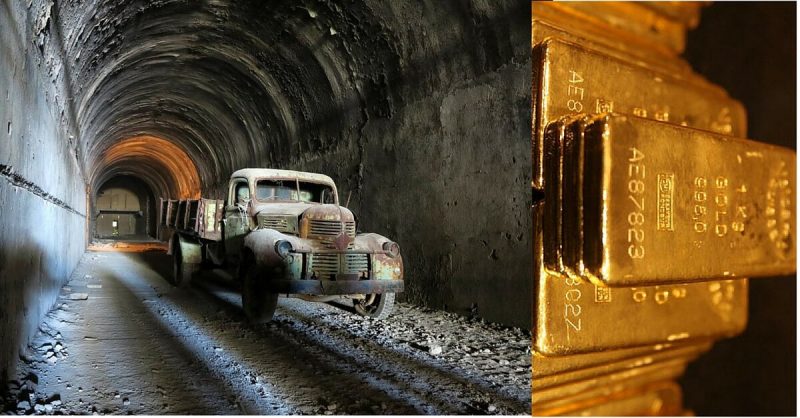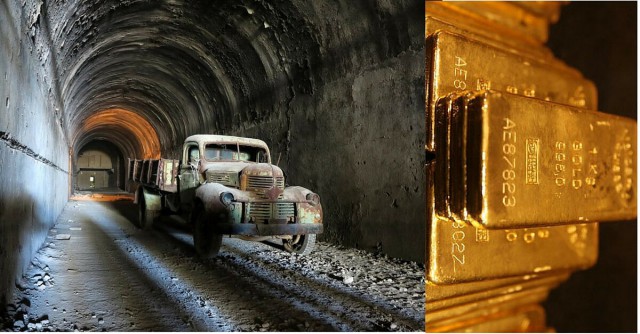For many treasure hunters, adventurers and historians, Mount Soratte in Italy represents something akin to the Holy Grail of history.
Over the years the mountain has held a secret, curious and colorful life. It has been the subject of many rumors – it’s said to be where Pope Boniface VIII hid his personal journals, where Roman Emperor Constantine was magically cured of his leprosy, and, most tantalizingly, where the Nazis hid their hordes of stolen gold.
The mountain is a veritable ant-maze of secret underground tunnels, and carries the title of being Europe’s biggest nuclear bunker.
Treasure hunters have legitimate reasons for suspecting that something is hidden deep inside, or so says architect Gregory Paolucci, head of the Bunker Soratte Association, which provides leisure tours of the mountain.
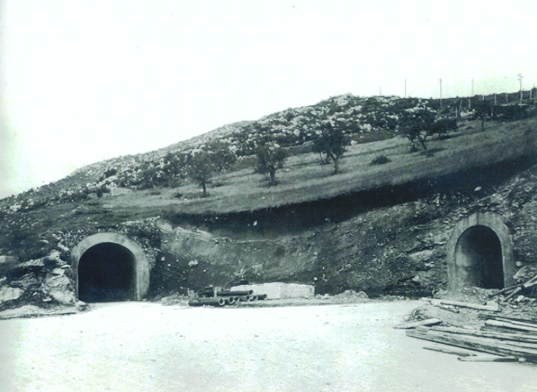
“Think about it: over 4 kilometres of galleries cut across the hill, dug 300 meters deep into the rock. It’s a massive work of engineering,” mused the architect.
There were multiple witnesses who reported seeing gold trucks entering the mountain and never exiting. Rumors were substantiated when the Italian government funded a multi-million dollar expedition to search for the treasure in the mid-60s, though it was to no avail.
The extensive labyrinth was built by Mussolini as a secret shelter for his family and other higher-ups of the fascist dictatorship. It was publicized as storeroom for Mussolini’s “protected weapon industry,” so that nobody would know its true intention.
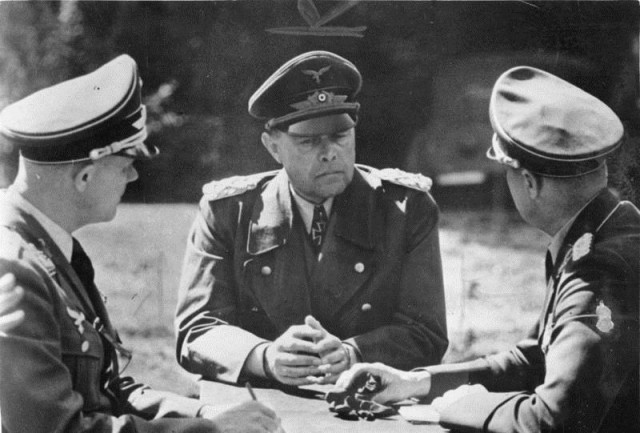
But when Mussolini was forced to step down, the bunker came under the control of General Kesserling; it was converted into headquarters for almost 1,000 soldiers fighting to uphold the Nazi regime. But it wasn’t just a threadbare concreter bunker – it had restaurants, a theater, and walls that were painted with frescoes of German villages.
The bunker/city was bombed by the allies in 1944, an action that left barely any survivors. After its destruction the bunker was largely forgotten until the beginning of the Cold War, when the government refurbished it as a nuclear shelter for government officials. This was kept a secret until 2008, the News.com.au reports.
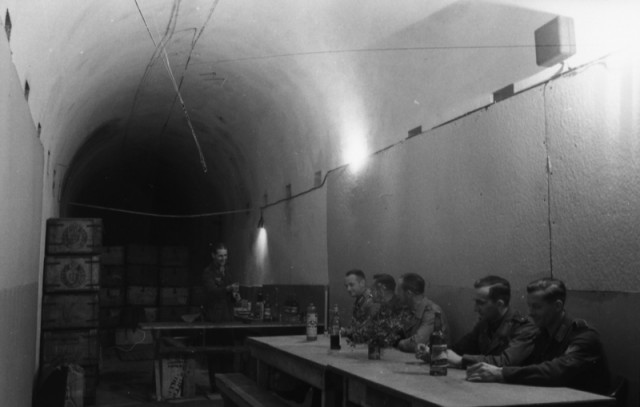
What exactly is hidden down there? Some say it is lucrative and fabled Nazi treasures of war – “72 tons of golden bars that the German troops apparently stole from the Bank of Italy when they abandoned Rome, including some of the gold belonging to Italian Jews.”
But would-be treasure hunters best beware, for legend has it that the fabled Nazi gold is cursed. Paolucci quotes a story of a German soldier who lived in the bunker and returned after the war in search of the gold. Within days of returning to Germany he was found beheaded and burnt to a crisp.
